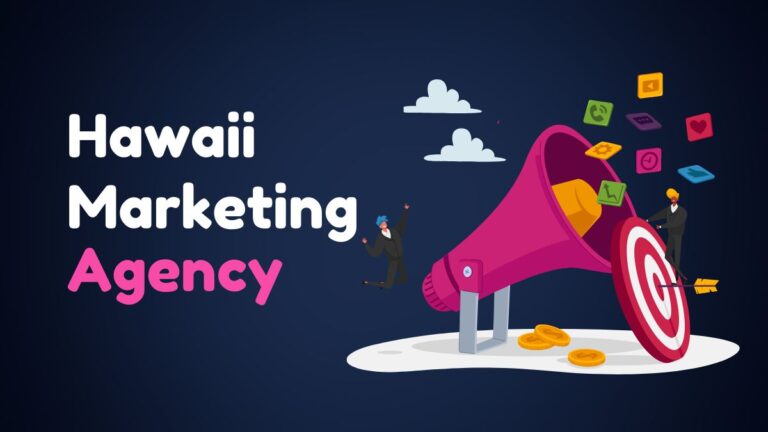Corporate roleplay workshops are designed to enhance employee skills, improve communication, and simulate real-world scenarios in a controlled environment. These workshops, facilitated by specialized corporate roleplay companies, offer a dynamic learning experience that can significantly benefit individuals and organizations alike. This blog explores strategies and tips on how to maximize the effectiveness of corporate roleplay workshops, ensuring participants derive maximum value and skill development.
Understanding Corporate Roleplay Workshops
Corporate roleplay workshops involve participants engaging in roleplay scenarios tailored to specific learning objectives. These workshops are often used for training purposes in areas such as sales, customer service, leadership development, conflict resolution, and crisis management. Facilitated by skilled actors or trainers from corporate roleplay companies, workshops provide a realistic and interactive setting for participants to practice skills, receive feedback, and improve performance.
Benefits of Corporate Roleplay Workshops
Participating in corporate roleplay workshops offers several key benefits:
-
Experiential Learning: Roleplay workshops provide hands-on experience in applying theoretical knowledge to practical situations, enhancing learning retention and skill application.
-
Skill Development: Participants develop and refine essential skills such as communication, decision-making, problem-solving, empathy, and leadership through active participation in roleplay scenarios.
-
Feedback and Reflection: Roleplay workshops offer immediate feedback from facilitators and peers, enabling participants to reflect on their performance, identify strengths and areas for improvement, and adjust their approach accordingly.
-
Team Collaboration: Workshops involving group scenarios foster teamwork, collaboration, and mutual support among participants, promoting a cohesive and productive work environment.
Strategies to Enhance Corporate Roleplay Workshop Effectiveness
To optimize the benefits of corporate roleplay workshops, consider the following strategies:
-
Set Clear Objectives: Define specific learning objectives and desired outcomes for the workshop, ensuring alignment with organizational goals and participant needs.
-
Tailor Scenarios to Realistic Situations: Develop roleplay scenarios that mirror common workplace challenges and scenarios relevant to participants’ roles and responsibilities.
-
Create a Safe Learning Environment: Foster a supportive and non-judgmental atmosphere where participants feel comfortable taking risks, making mistakes, and experimenting with different approaches.
-
Provide Role Preparation: Give participants adequate time to familiarize themselves with their roles, objectives, and any relevant background information before engaging in roleplay activities.
-
Encourage Active Participation: Promote active engagement by encouraging all participants to actively contribute, take on different roles, and provide constructive feedback to peers.
Tips for Participants in Corporate Roleplay Workshops
For participants looking to make the most of their experience in corporate roleplay workshops, consider these tips:
-
Stay Open-Minded: Approach roleplay scenarios with an open mind, willingness to learn, and readiness to step outside your comfort zone.
-
Embrace Feedback: Actively seek feedback from facilitators and peers, and use it as an opportunity to learn and improve your skills.
-
Reflect on Learning: Take time to reflect on your roleplay experiences, identify key takeaways, and consider how you can apply them to real-life situations.
-
Practice Active Listening: Listen attentively to instructions, cues from roleplay partners, and feedback to enhance your understanding and performance.
-
Network and Collaborate: Use roleplay workshops as an opportunity to network with colleagues, build relationships, and collaborate effectively in team-based activities.
Integrating Technology and Tools
Corporate roleplay companies often leverage technology to enhance workshop effectiveness:
-
Simulation Software: Use simulation software to create immersive and interactive roleplay scenarios, incorporating realistic elements and variables.
-
Virtual Reality (VR): VR technology can simulate realistic environments and interactions, providing a more immersive and engaging experience for participants.
-
Recording and Playback: Record roleplay sessions for review and analysis, allowing participants to revisit their performance, identify strengths, and areas for improvement.
-
Online Platforms: Utilize online platforms for virtual workshops, roleplay practice sessions, and interactive simulations, particularly beneficial for remote or distributed teams.
Measuring the Impact of Corporate Roleplay Workshops
To assess the impact of corporate roleplay workshops on participant development and organizational outcomes, consider the following evaluation methods:
-
Pre- and Post-Workshop Surveys: Gather participant feedback regarding their expectations, satisfaction, and perceived learning outcomes before and after the workshop.
-
Performance Assessments: Evaluate participants’ performance in roleplay scenarios based on predefined criteria, such as communication effectiveness, decision-making, and teamwork.
-
Behavioral Observations: Observe participants during roleplay activities and in subsequent workplace interactions to assess the application of learned skills and behaviors.
-
Organizational Metrics: Track relevant organizational metrics, such as employee performance indicators, customer satisfaction scores, and operational efficiency improvements influenced by workshop outcomes.
Conclusion
Corporate roleplay workshops facilitated by corporate roleplay companies offer a valuable opportunity for employees to enhance their skills, practice real-world scenarios, and improve performance in a supportive environment. By setting clear objectives, tailoring scenarios to realistic situations, and fostering a safe learning environment, organizations can maximize the effectiveness of these workshops. Participants, in turn, can benefit by actively engaging in roleplay activities, embracing feedback, and reflecting on their learning experiences. By integrating technology, tools, and effective evaluation methods, organizations can measure the impact of corporate roleplay workshops on employee development and organizational success, ultimately driving continuous improvement and innovation within the workplace.












